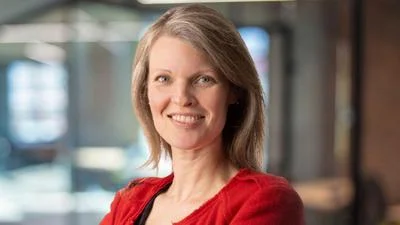In accordance with a news release published on September 28, Gulf Coast VA and VA Immersive are attempting to establish a new reality in healthcare by expanding the use of the BraveMind VR exposure therapy system. Denis Mcdonough, Secretary of Veterans Affairs, stated, "Utilizing the VR technology in BraveMind gets Veterans to talk about things they’ve never talked to anyone about before."
The BraveMind system, created by Dr. Albert Rizzo and the Institute for Creative Technologies at the University of Southern California, creates 14 "worlds" of fighting situations, ranging from an Afghan village to a busy Iraqi market. Veterans can deal with traumatic events in a carefully regulated, clinical setting. The Gulf Coast VA recently offered training to demonstrate how to use this cutting-edge technology with Veterans who are suffering from post-traumatic stress disorder (PTSD) and PTS to VA physicians from VA institutions across the nation.
A contribution of the BraveMind system has been made to about 29 VA Medical Centers through an association with the nonprofit Soldier Strong and the VA's Office of Healthcare Innovation and Learning. By linking them with cutting-edge medical innovations, Soldier Strong is committed to helping Veterans take their next steps in life. With the BraveMind technology, therapists may choose and design a world based on a Veteran's traumatic experience. This allows therapists to reintroduce Veterans to challenging memories at a speed that is safe for them while yet allowing them to escape from them. Patients experience a complete immersion in the traumatic memory because clinicians can tailor and manage the information provided in the headset so precisely—including sights, sounds, scents, and even the weight and tactile sense of carrying a service weapon. Veterans can face and reprocess their traumatic event with the assistance of their skilled VA physician.
VR in particular is at the forefront of disruptive technologies in healthcare, and VA is assisting in laying the foundations for the future. VA is able to give physicians more resources and give Veterans more resources by adopting an engaging and immersive modality to teach crucial response skills and aid in the processing of trauma response. More than 165 VA medical facilities and outpatient clinics in all 50 states, Puerto Rico, Guam, and American Samoa currently have more than 1450 VR headsets installed.





